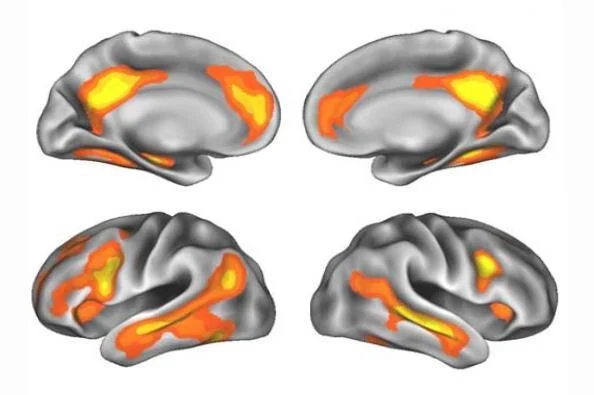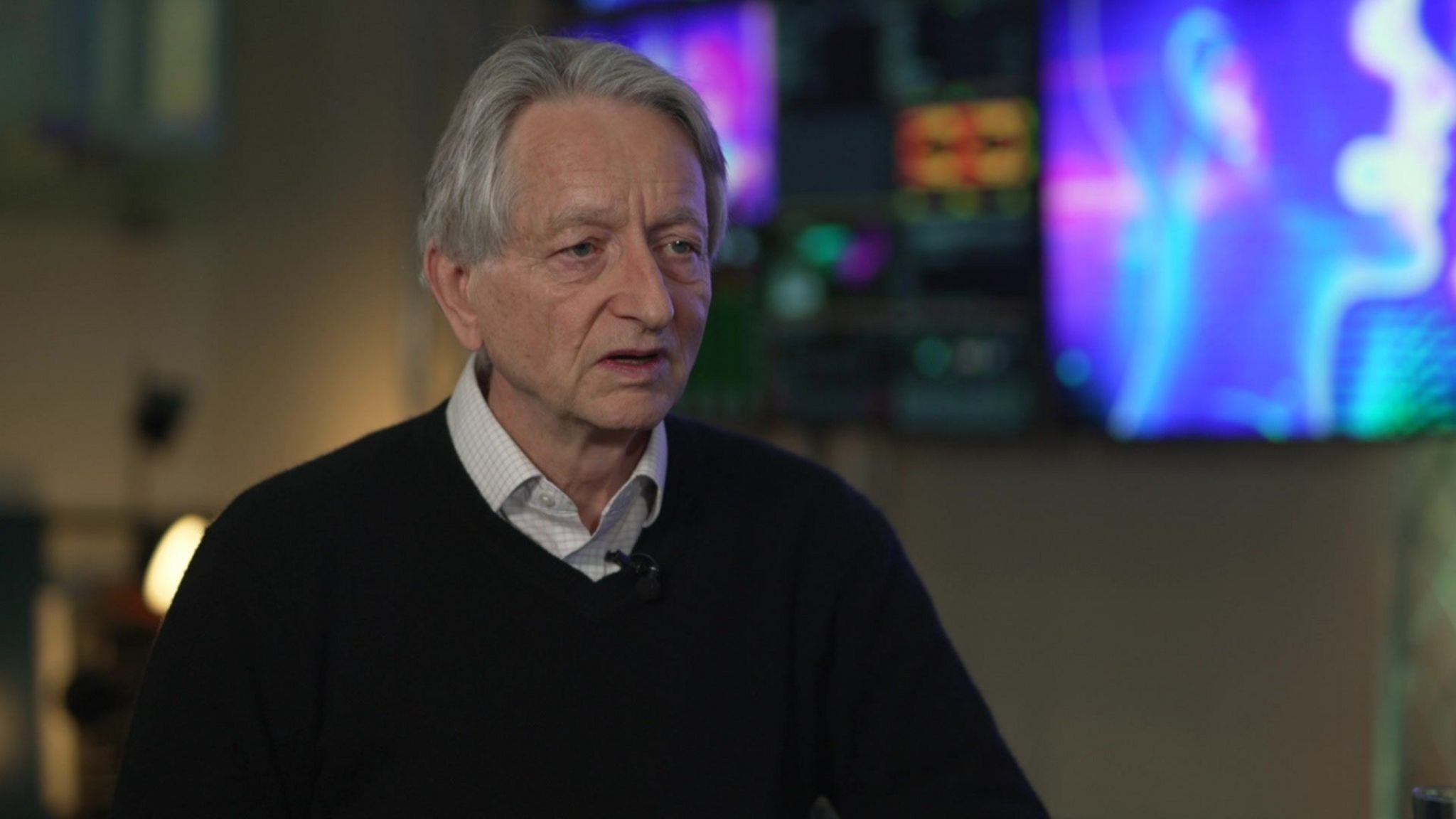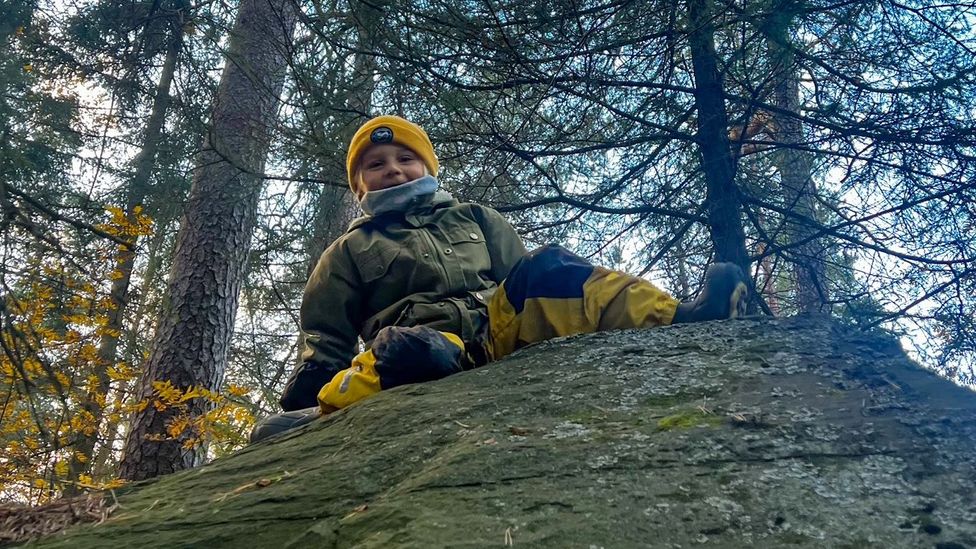
In 2022, U.S. high school students Calcea Johnson and Ne'Kiya Jackson astonished teachers when they discovered a new way to prove Pythagoras' theorem using trigonometry after entering a competition at their local high school.

New research has found that mindfulness meditation reduces pain by engaging a distinct brain pathway, separate from the pathway activated by a placebo.

Neuroscientists scanned the brain of a pregnant woman and captured a 'widespread reorganization' of her brain before, during and after pregnancy.

Chinese scientists explain how entangled photons emitted by carbon-hydrogen bonds in nerve cell insulation could synchronize activity within the brain.

A longitudinal study by UQ researchers has found high-intensity interval exercise improves brain function in older adults for up to 5 years.

A meta-analysis of existing research shows exposure to nature, even as little as 10 minutes, could benefit those with diagnosed mental illness.

The computer scientist regarded as the “godfather of artificial intelligence” says the government will have to establish a universal basic income to deal with the impact of AI on inequality.

Scandinavian-style forest schools and nurseries are spreading all around the world. Outdoor learning is increasing seen as an important way of connecting children with nature.

A review of 53 placebo-controlled surgery trials found that sham surgery was as good as the real thing in over half of the studies. Sham surgery activates the wound-healing cascade.

When we are in a state of flow, it is likely that we are spending less time ruminating over our lives or worrying about the future.

An online survey among 23 heart recipients and 24 other organ recipients found nearly 90 % experienced personality changes after transplant surgery, no matter the organ they received.

Green spaces with high natural diversity have more mental health benefits than those with low natural diversity.

Hugs and other forms of physical touch can help with physical and mental health in people of all ages, according to a new review of 212 previous studies.

Recent research showed nature can regulate our sense of time.

Empathy, often considered a fixed trait, has been shown to be malleable in adults, influenced by observing the empathetic reactions of others.